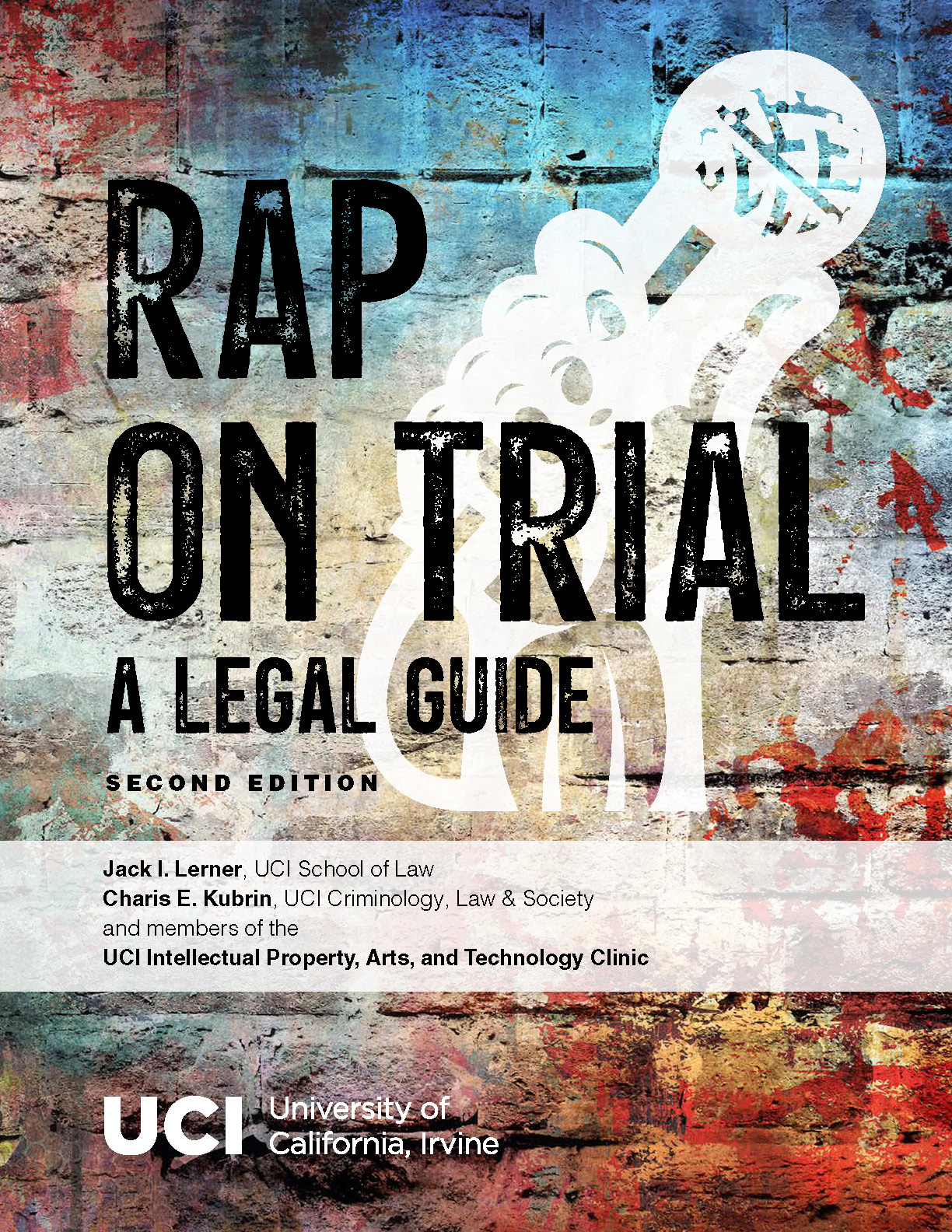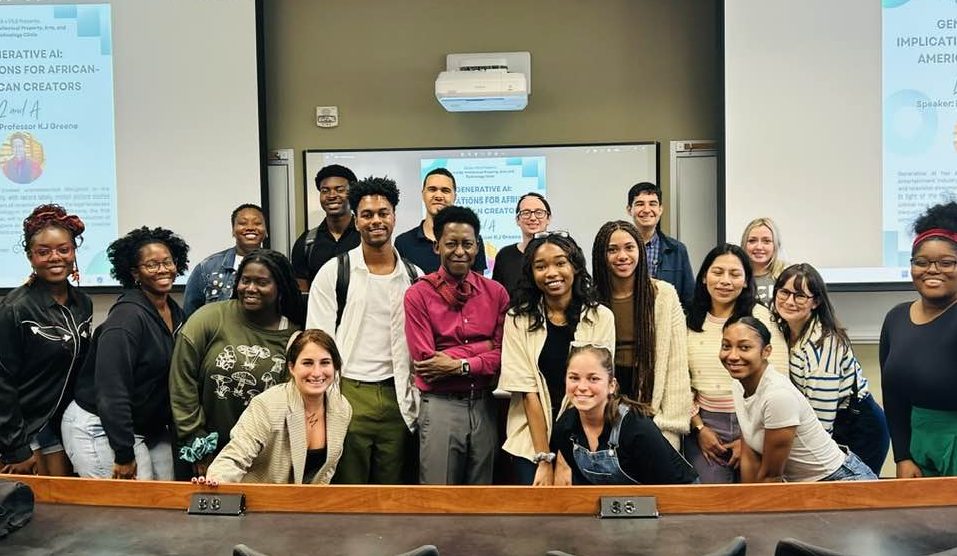Professor Susan Seager, who heads the IPAT Clinic’s Press Freedom Project, was quoted extensively in a Los Angeles Times article reporting on the detention of an independent journalist and prominent police critics by police at the UCLA campus in the midst of protests of the Gaza war.
Susan E. Seager, who directs the Press Freedom Project at UC Irvine School of Law and represents independent journalists in court, called Beckner-Carmitchel’s detention illegal — including under a recent California law expanding journalists’ rights at protests — and demanded his release.
“Sean had the right to film police even if police had set up police lines or even if they had declared a curfew,” she said in an interview with The Times.
Seager also warned that it would be illegal for police to search any of Beckner-Carmitchel’s devices.



